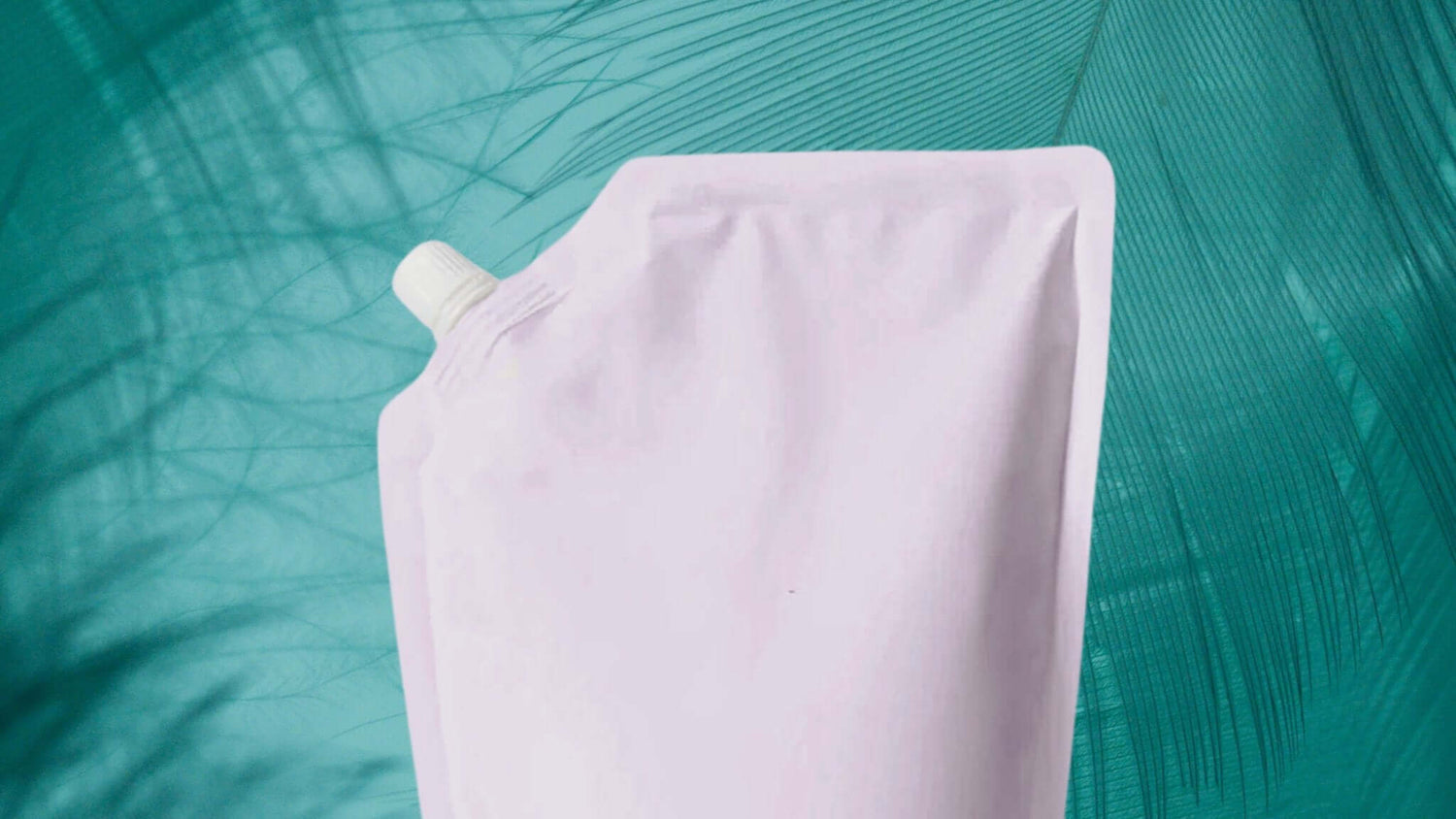
Embracing Sustainability: Why We Choose to Avoid Plastic Refill Pouches for Our Toothpaste
In today's world, environmental concerns have pushed industries to reevaluate their practices and adopt more sustainable approaches. The personal care sector, including oral hygiene products, has come under scrutiny for its environmental impact. While many companies are striving to address this issue, the use of plastic refill pouches for toothpaste raises significant concerns that warrant closer examination.
The Plastic Predicament: Limited Recycling and Complex Materials
Plastic, though convenient, has become an environmental crisis due to its low recycling rates and detrimental effects on ecosystems. Shockingly, just 9% of all plastic waste produced has been recycled, with the rest accumulating in landfills and oceans. Toothpaste refill pouches are problematic in two major ways. Firstly, these pouches are often made from multi-layered plastics that are challenging to recycle.
These intricate materials are not easily processed by recycling facilities, leading to a higher likelihood of them ending up as waste. Secondly, the recycling infrastructure for these pouches is limited, making effective recycling even more difficult.
Even when these products are recycled, plastic has a limited life span. Plastic loses its integrity when recycled. Most often it isn't recycled into another plastic bottle or pouch, but downcycled into things that can use low grade plastic, like park benches rather than consumer goods.
A Misguided Solution: Plastic Swapping
The notion of using plastic refill pouches as an eco-friendly alternative might seem appealing, but it can inadvertently worsen the plastic crisis. The irony lies in the fact that these pouches are themselves made of plastic, and often non-recyclable plastic at that. This counterproductive cycle perpetuates plastic production and disposal rather than curbing it. Additionally, swapping plastic tubes for plastic pouches ultimately maintains or even increases the net plastic presence in the environment.
Refill pouches are often made of virgin plastic - adding more plastic into the environment rather than stopping the need for production.
Toward Holistic Sustainability
Addressing plastic pollution requires a comprehensive approach that spans the entire lifecycle of products. Simply changing packaging formats isn't enough. A commitment to minimizing plastic use and waste should be at the core. This involves exploring materials that are compostable, as well as designing packaging that prioritizes endlessly recyclable materials and reusability.
True sustainability extends beyond packaging. It encompasses responsible material sourcing, efficient production methods, and educating consumers about proper disposal practices. Businesses should take a leadership role in guiding consumer behavior towards more environmentally-conscious choices.
The Path Forward
In the pursuit of a sustainable future, thoughtful decision-making is paramount—especially in industries heavily reliant on plastic. While plastic refill pouches may offer a solution to reduce the amount of plastic consumed for each product, they inadvertently contribute to the plastic problem. Instead, we should be focusing on limiting plastic consumption, investing in recyclable materials, and fostering responsible waste management.
Ultimately, adopting a holistic sustainability approach benefits not only the planet but also the long-term success and reputation of businesses that prioritize eco-friendly practices. Let's move beyond quick fixes and work collaboratively to create a world where plastic, including toothpaste tubes and pouches, no longer poses a threat to our environment.
Let customers speak for us
from 770 reviewsTo be honest not used this as much as I should be , it's a slow process, but will endeavour, does leave your mouth feeling fresh

Will continue with my new found find
Gums don't hurt/ache as much as they did
Teeth feel clean , doesn't sud up as much but I prefer that , never did like a mouthful of suds you get with normal toothpaste

Love the taste of this paste and it seems to really get the mouth tingly clean. I also got the mouthwash and that's also very FRESH. Thanks for not having flouride, which so many 'alternative' toothpastes seem to include.

Nice flavour and not too strong

I have used the mouthwash for 2 weeks now and am really enjoying the fresh and minty sensation. I love the ingredients and it just makes my whole mouth feel extra clean. I will definitely order more as the bottle will probably only last for another week or so.

First time purchasing this one. so far i am happy with it.

Absolutely outstanding tbh no more pain it really disappears after 4 day’s delighted

Love this peppermint and wintergreen.. tastes great and works!! Love it Thank you 😊

Excellent product...works really well...love it

I have loved using this product. It makes the mount feel really fresh and my teeth
super clean, without any nasty ingredients included!

Aww absolutely love this bundle I had this sore gum so thought to order the bundle to try , not gonna lye it’s superb feels and taste so natural ,very cleansing and the sore gum is better , love the mouth wash too it stays fresh for a long while , the bamboo floss dosent slip unlike those waxy ones used in past ! So not going to buy anything else apart from this range even better it’s made in Brighton 🤩

I really love this toothpaste. It soothes my gums, has helped with sensitivity and leaves my mouth feeling really fresh. All without the nasties. Will buy again.

Since using Truthpaste I’ve noticed a change in how my mouth and teeth feel. Cleaner teeth, no more bleeding gums and my teeth feel stronger 😁

Been using this for around 2 weeks no unpleasant after taste like other toothpastes mouth feels fresh and jar will last a fair while Will definitely order again



Leave a comment